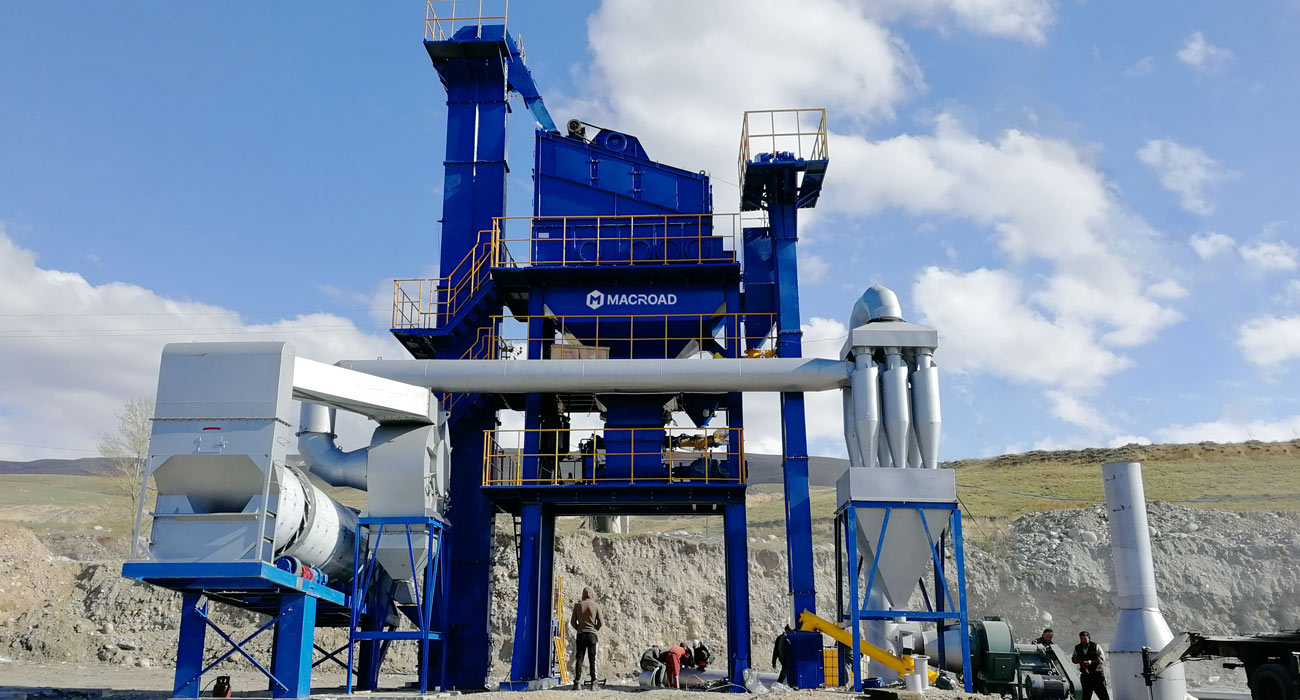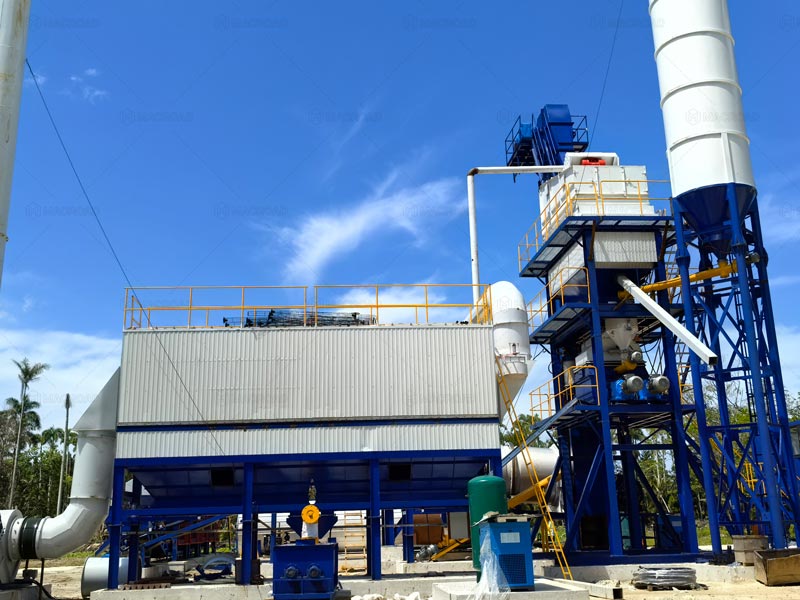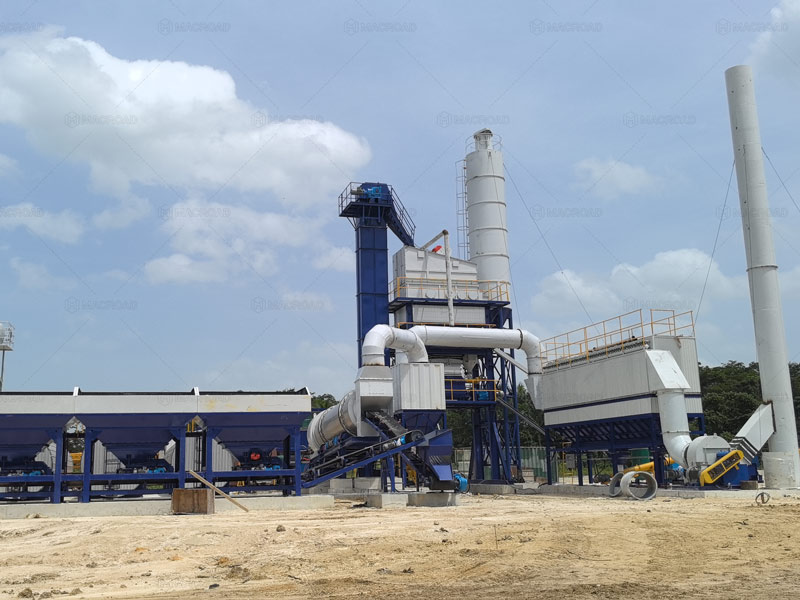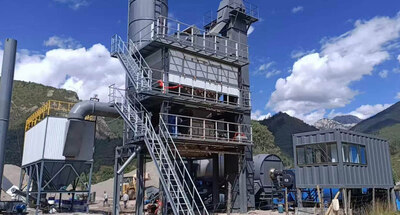Categories
Tags
-
#asphalt plant
#stationary asphalt plant
#mobile asphalt plant
#Batch mix asphalt plant
#Drum Mix Asphalt Plant
Archives
Innovative Noise Reduction Solutions for Asphalt Plants in Urba
-
In urban central areas, nighttime construction often faces strict noise restrictions due to residential proximity. To address this challenge, the modular noise reduction design of asphalt plants has introduced innovative approaches in equipment layout, structural materials, and operation timing. This article explores how these comprehensive solutions ensure continuous production while effectively controlling plant boundary noise within allowable limits.

Equipment Layout and Structural Innovations
One of the key aspects of noise reduction in asphalt plants is the strategic layout of equipment. By positioning high-noise machinery, such as mixers and vibrating screens, away from residential areas, the overall impact of noise can be minimized. Macroad has implemented modular designs that allow for flexible configurations, enabling the placement of noise-generating equipment in optimal locations that reduce sound transmission.
Additionally, the use of advanced structural materials plays a significant role in noise mitigation. For instance, incorporating sound-absorbing materials in the construction of the plant can significantly dampen noise levels. These materials can be used in walls, roofs, and barriers, effectively reducing the sound that escapes the facility. By combining innovative layout strategies with effective materials, asphalt plants can operate more quietly, even in densely populated environments.

Vibration Isolation Techniques
Another critical component of the noise reduction strategy is the use of elastic supports for vibrating screens and mixers. These supports are designed to isolate vibration transmission, which is a significant contributor to noise generation. By minimizing the vibrations that travel through the structure, the overall noise output of the plant can be significantly reduced.
This technology not only helps in controlling noise but also enhances the longevity of the equipment by reducing wear and tear. By investing in vibration isolation, Macroad ensures that asphalt plants remain operational for longer periods, providing reliability and efficiency in urban construction projects.

Intelligent Scheduling for Noise Management
In addition to equipment layout and structural innovations, Macroad employs an intelligent scheduling system to stagger the operation of high-noise equipment. By carefully planning the timing of operations, the plant can ensure that multiple noisy processes do not occur simultaneously, thereby minimizing cumulative noise levels during nighttime construction.
This scheduling approach allows for continuous production while adhering to noise restrictions. For example, mixers can be scheduled to operate during periods when other equipment, such as aggregate feeders, are inactive. This strategic timing not only keeps noise levels within acceptable limits but also streamlines operations, making the most of available resources.

Acoustic Simulation for Design Reliability
To ensure the effectiveness of these noise reduction strategies, Macroad employs acoustic simulation techniques during the design phase. By creating models that simulate sound propagation around the plant, engineers can predict how noise will behave in a real-world setting. This predictive analysis allows for the identification of potential issues before they arise, enabling adjustments to be made in the design phase.
Through these simulations, Macroad can verify the reliability of its noise reduction designs, ensuring that the plant will operate within the required limits. This proactive approach not only enhances compliance with local regulations but also reinforces the company’s commitment to being a responsible neighbor in urban environments.
In conclusion, the modular noise reduction design of asphalt plants addresses the challenges of nighttime construction in urban areas through innovative equipment layout, structural materials, and intelligent scheduling. By implementing vibration isolation techniques and leveraging acoustic simulation for design verification, Macroad ensures that its plants operate efficiently while adhering to noise restrictions. This comprehensive solution allows for continuous production without compromising the comfort of nearby residents, reflecting a commitment to sustainable and responsible construction practices.





